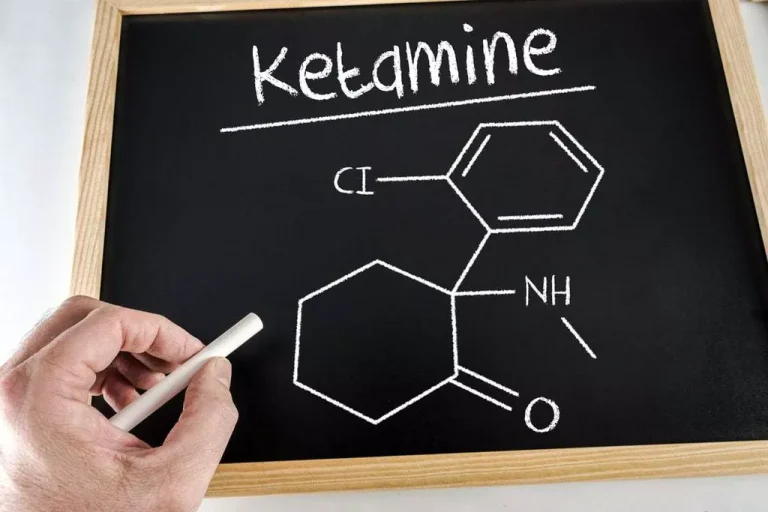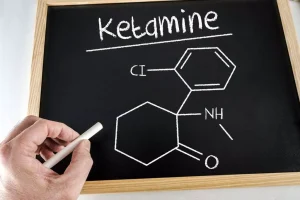
Explore long-term sobriety statistics and discover the power of perseverance in overcoming addiction. So, when it comes down to it, social support and smart coping tactics can make all the difference during turkey time. A touch of planning and a rock-solid support crew let you take the holiday season in stride. Using these mindful moves helps you glide through alcoholism holiday gatherings pretty smoothly. Starting off social events early makes the vibe friendly and keeps you in step with your sobriety game plan (River Rock Treatment).

How To Start Drinking Less

Thankfully, nurturing a daily gratitude practice is simple, and it can be woven into your day-to-day life. It starts with a mindset shift, and a concerted effort to think more positively. Gratitude, when practiced daily, =https://ecosoberhouse.com/ enhances hope, increases physical and mental wellbeing, and helps overcome the more difficult times we all face. Gratitude is also the antidote to negative thinking that reduces hope and happiness.
Why Is Gratitude Important for Relationships in Recovery?
Incorporating daily gratitude practices into the recovery journey can have a profound impact on one’s well-being and overall mindset. By actively cultivating gratitude, individuals in recovery can shift their focus from negativity to positivity, enhancing their healing process. Gratitude cultivates a humble and appreciative attitude, transforming the way individuals in recovery perceive life and interact with others. By recognizing and gratitude in recovery appreciating the small blessings in their lives, individuals can enhance their social connections.
- Discover top nursing and rehab centers near me to support recovery with expert care and compassionate services.
- Often, just by going through the motions, you’ll find yourself feeling grateful by the end of the day.
- They are effective tools for developing a habit of gratitude and promoting a positive mindset.
- This shift in mindset can bring about a renewed sense of purpose, motivation, and self-empowerment.
- Explore essential substance abuse intervention strategies to support recovery and safeguard futures effectively.
Causes of Addiction
- Another possible mechanism is the social capital hypothesis, which suggests that gratitude strengthens social bonds, leading to a more supportive social network.
- This shift in perspective can help individuals reframe challenging situations and develop adaptive coping strategies.
- Gratitude is defined as the quality of being grateful; readiness to show appreciation for and return kindness.
- Beware of those little things that might be triggers and have a plan to deal with them.
For many, our brains have been wired and become accustomed to thinking one way—often negative. Those with addiction issues, sometimes have maladjusted ways of thinking which become habits. These thoughts, as mentioned, can tend to be negative, always seeing what is wrong and what we don’t want. When you choose to think with a grateful mindset, you will improve your physical, mental, and spiritual health.
Something to Feel Grateful For
These actions help reinforce a sense of worthiness and promote a healthy self-image. Cultivating gratitude also plays a significant role in enhancing self-esteem and self-worth. When individuals recognize what they are grateful for, they begin to value themselves and their experiences more positively. This is particularly important in recovery, where rebuilding one’s identity after addiction is crucial. The positives that gratitude brings help us work through setbacks and maintain recovery. Let’s explore how we can practice gratitude in different aspects of our life in recovery.

